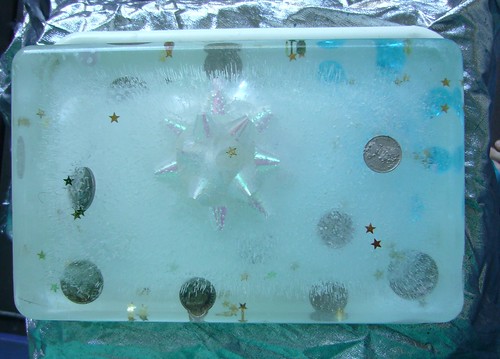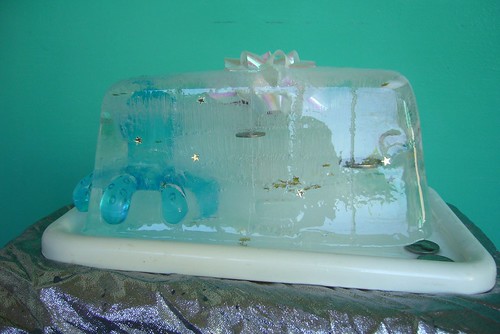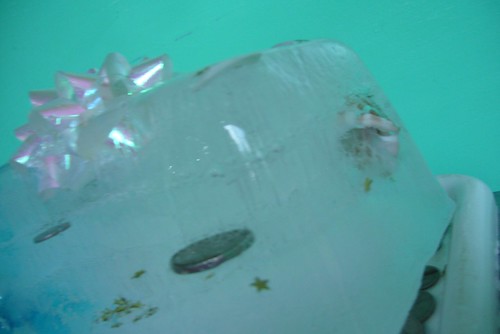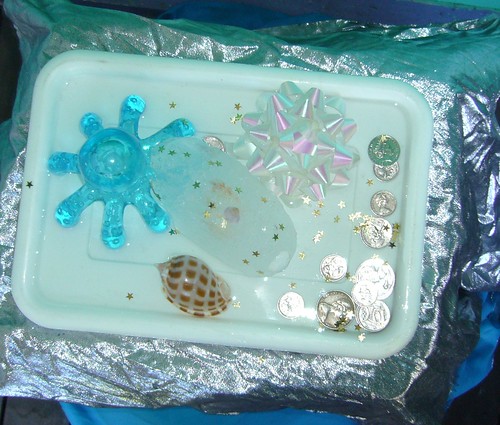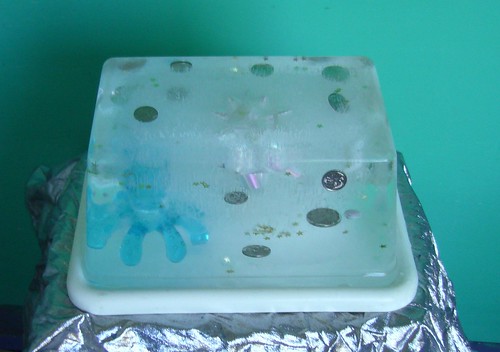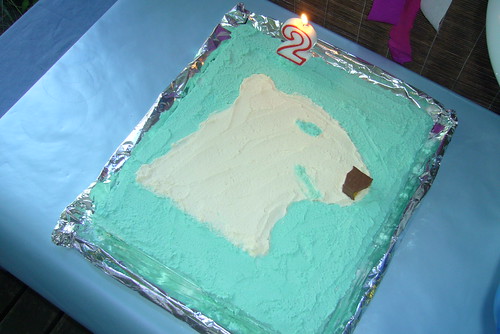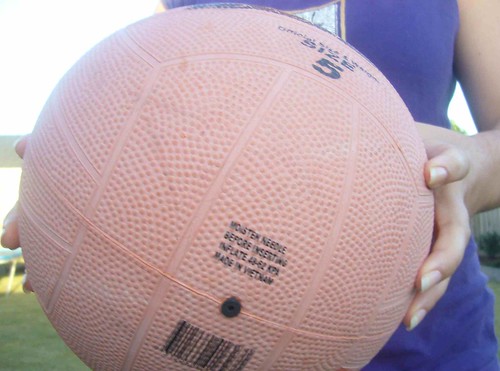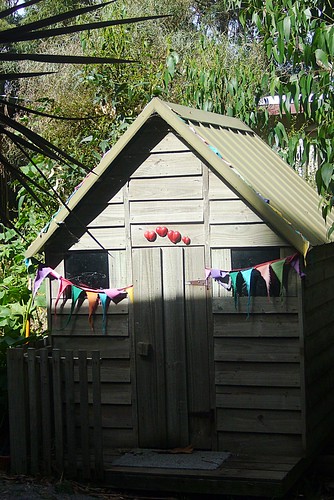I'm having a moment. Not a love light and bliss one, either.
Today I read
this post over at
Magneto Bold Too.
I noticed the way people were reacting - with sadness - and this started me thinking about my own emotional reaction to speeding and drink driving, and about the overall effectiveness of these ad campaigns.
Losing M - That makes me sad. But speeding and drink driving - That makes me angry.
I find this distinction is very important.
From the almighty Wikipedia:
Sadness is a mood characterised by feelings of disadvantage loss, and helplessness. When sad, people often become quiet, less energetic and withdrawn. Anger is an emotional state that may range from minor irritation to intense rage. The physical effects of anger include increased heart rate, blood pressure, and levels of adrenaline and noradrenaline. Some view Anger as part of the fight or flight brain response to the perceived threat of pain. Anger becomes the predominant feeling behaviourally, cognitively and physiologically when a person makes the conscious choice to take action to immediately stop the threatening behaviour of another outside force. Most of the campaigns that I've seen are very emotive in nature. They go for shock value. They make people cry. They make people feel sad.
This doesn't make sense to me.
When people think of speeding and drink driving I don't want them to feel sad and helpless, or to become quite, less energetic and withdrawn.
I would rather evoke in people an emotion which “
becomes the predominant feeling behaviourally, cognitively and physiologically when a person makes the conscious choice to take action to immediately stop the threatening behaviour of another outside force.”
I'm not saying that losing a loved one isn't sad. It is devastating and gut wrenching and tragic and horrible and painful beyond belief.
But doesn't sadness seem like a less effective emotion when it comes to preventing speeding and drink driving?
People who have seen these ad campaigns and been affected by them, they might make a better choice. They might remember the tears shed by grieving families, the tears they shed themselves when they saw those images, and that might be enough to change their minds. Certainly this is a win.
But what about those people who didn't feel that same punch in the guts? Those who are too invincible, too tough, or too smart? Will the people around them be too sad, too helpless, too quiet and too withdrawn to speak up?
M was killed by a drink driver doing twice the speed limit. The driver was speeding to get home in time for their favourite television program.
M was on his way home to celebrate our pregnancy. He was not speeding. He was not drunk. He was killed instantly.
His death is sad, and I grieve for him every day.
But drink driving and speeding don't make me sad, they make me angry.
That driver lived, and he too suffers every day. I know this because I speak to him at least once a month. I am not angry with that driver any more, because we are both healing and because he is now consciously making different choices.
He is making good choices.
There are still people out there making bad choices, though.
People choosing to speed.
People choosing to drink and drive.
People choosing to kill.
This makes me angry.
I am all for freedom of choice. If people want to choose to get in the car drunk, go too fast and risk their lives, then power to them.
But that choice doesn't just put their own lives at risk.
It puts our lives at risk, too. This should make us angry! So yes, be sad for the lives lost and for the families and friends who are grieving - But if you're going to be emotional about speeding and drink driving, don't be sad - Be angry.
Don't be silent and withdrawn - Be loud and be outspoken!
Don't be less energetic - Take action!
Speeding and drink driving are threatening behaviours, from an outside force, and it is time to make a conscious choice to stop it.

